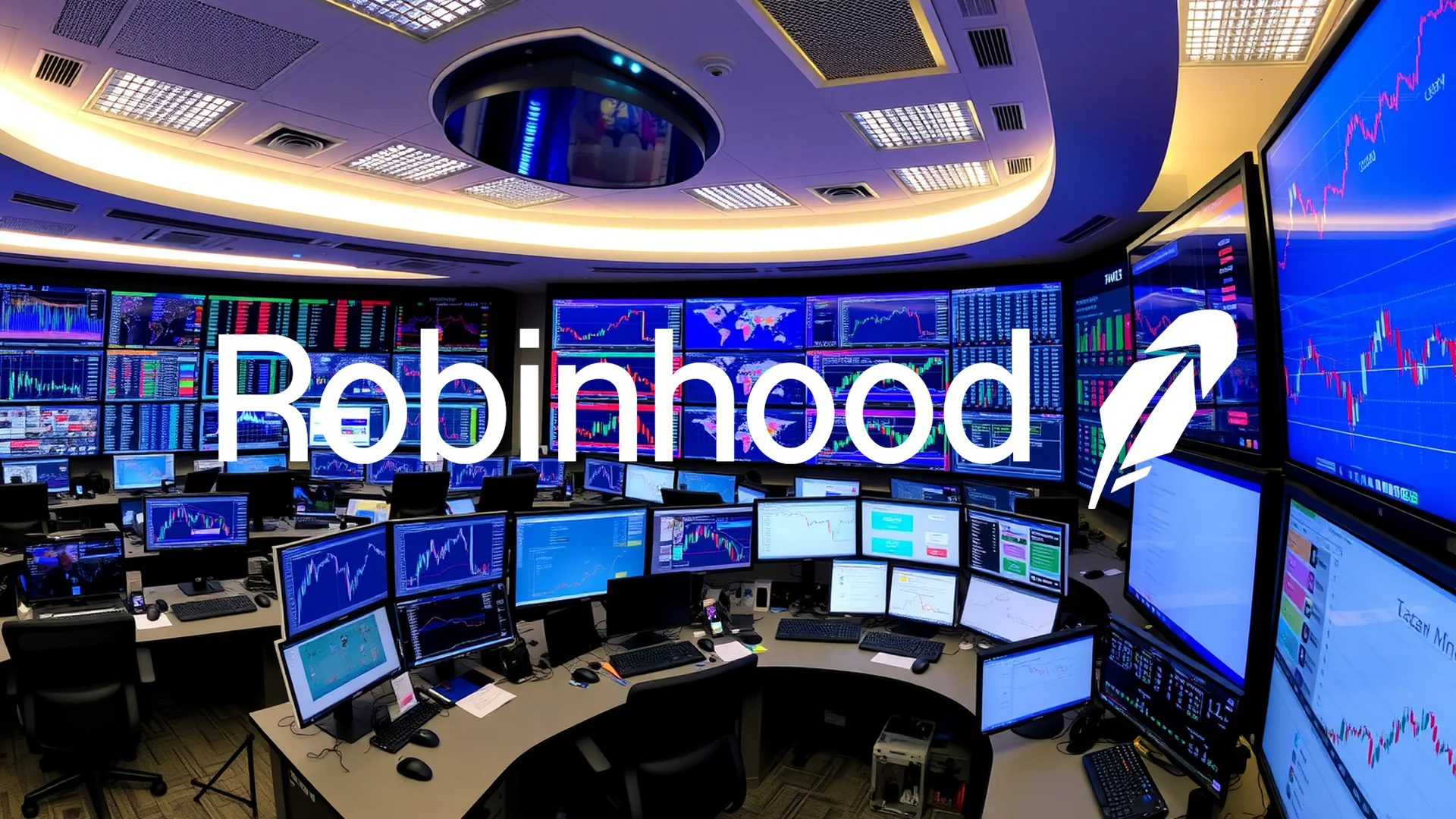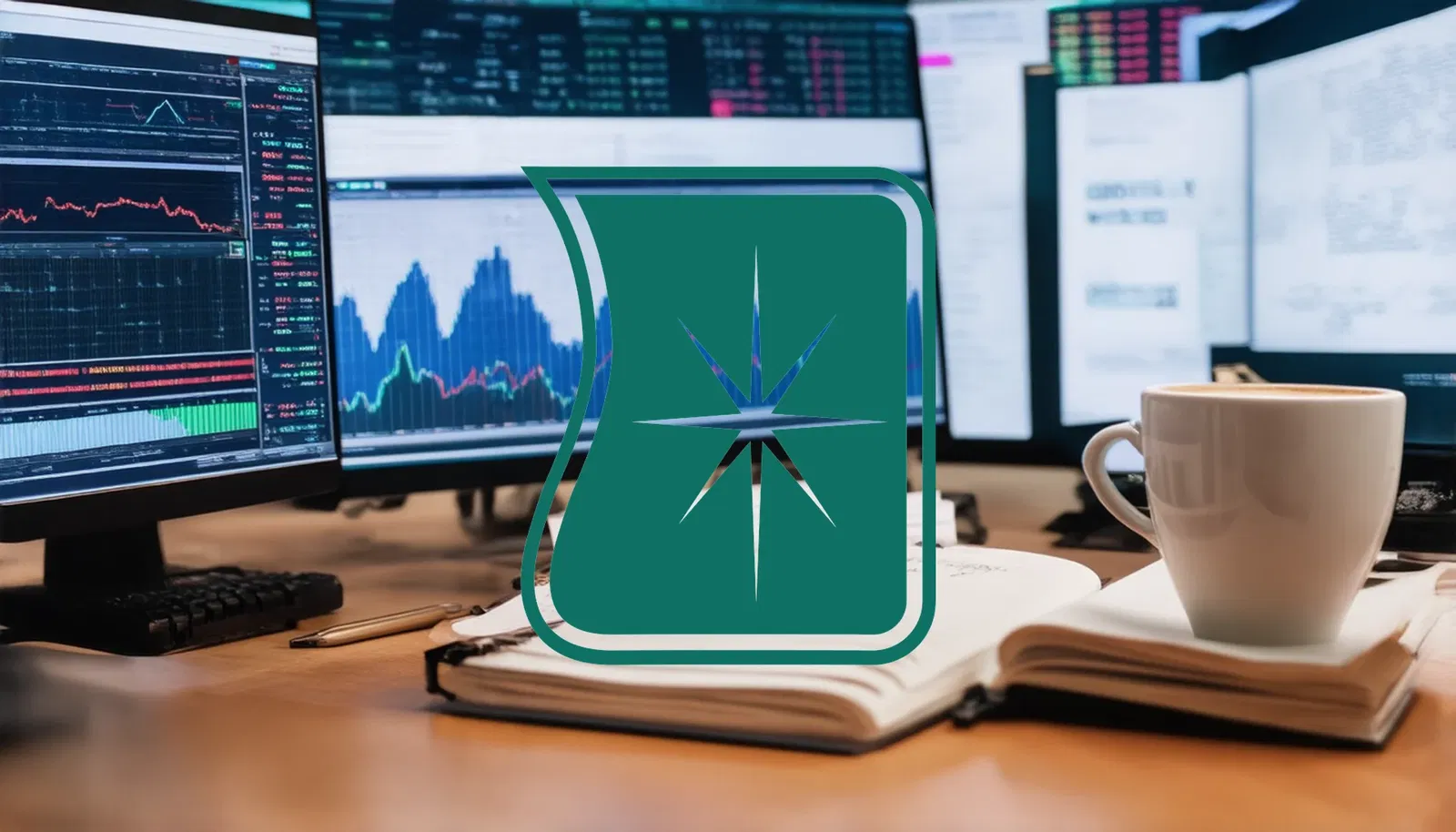In a surprising departure from conventional financial services, Robinhood Markets has unveiled an unconventional cash delivery partnership that could redefine how investors access their money. While most brokerage platforms focus on digital transfers and card-based solutions, the fintech pioneer is experimenting with physical cash delivery—bringing portfolio funds directly to customers’ doorsteps.
Analyst Upgrades Follow Market Volatility
Robinhood’s stock experienced significant turbulence last week, plunging 8.6% on Thursday to mark the steepest single-day decline among all S&P 500 constituents. However, the shares demonstrated resilience by stabilizing during Friday’s session. The recovery gained further momentum on Saturday, November 15, when DBS Bank upgraded its rating on Robinhood to “moderate buy,” joining other positive analyst assessments.
This endorsement came despite earlier market concerns about declining cryptocurrency revenue streams and the announced retirement of Chief Financial Officer Jason Warnick scheduled for early 2026. These worries had initially overshadowed Robinhood’s impressive quarterly results released earlier in November, which revealed revenue doubling year-over-year to $1.27 billion and earnings per share of $0.61 that substantially exceeded projections.
Courier-Delivered Cash: Testing Consumer Demand
The fintech firm announced on Friday, November 14, 2025, a collaborative venture with delivery service Gopuff to offer a novel cash withdrawal option. Under this initiative, Robinhood Gold members can request physical currency from their investment accounts for home delivery, initially available in New York with plans to expand to additional metropolitan areas.
Should investors sell immediately? Or is it worth buying Robinhood?
The service carries a $6.99 delivery charge, though users maintaining balances exceeding $100,000 on the platform qualify for a reduced fee of $2.99. While superficially appearing as a publicity stunt, this move aligns with Robinhood’s broader strategic objective: transforming from a basic brokerage into a comprehensive financial services provider.
Diversification Drive Intensifies
Robinhood’s expansion beyond its core trading business represents a crucial survival strategy in an increasingly competitive landscape. The company can no longer depend exclusively on transaction-based revenue, which remains vulnerable to market volatility and cyclical patterns.
Recent initiatives demonstrate this shift toward diversification. Beyond stocks and cryptocurrency trading, Robinhood now offers futures contracts in the United Kingdom, provides access to private market investments through “Robinhood Ventures,” and has enhanced its banking capabilities. The cash delivery service represents just one component of this multi-pronged approach to capture market share from both traditional banking institutions and emerging fintech competitors.
Whether investors will ultimately reward this aggressive expansion strategy remains uncertain. The coming weeks will reveal whether Robinhood’s experimental approach generates consumer enthusiasm or creates strategic confusion through simultaneous pursuit of multiple new business verticals.
Ad
Robinhood Stock: Buy or Sell?! New Robinhood Analysis from February 7 delivers the answer:
The latest Robinhood figures speak for themselves: Urgent action needed for Robinhood investors. Is it worth buying or should you sell? Find out what to do now in the current free analysis from February 7.
Robinhood: Buy or sell? Read more here...













